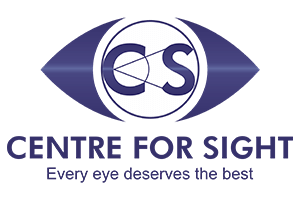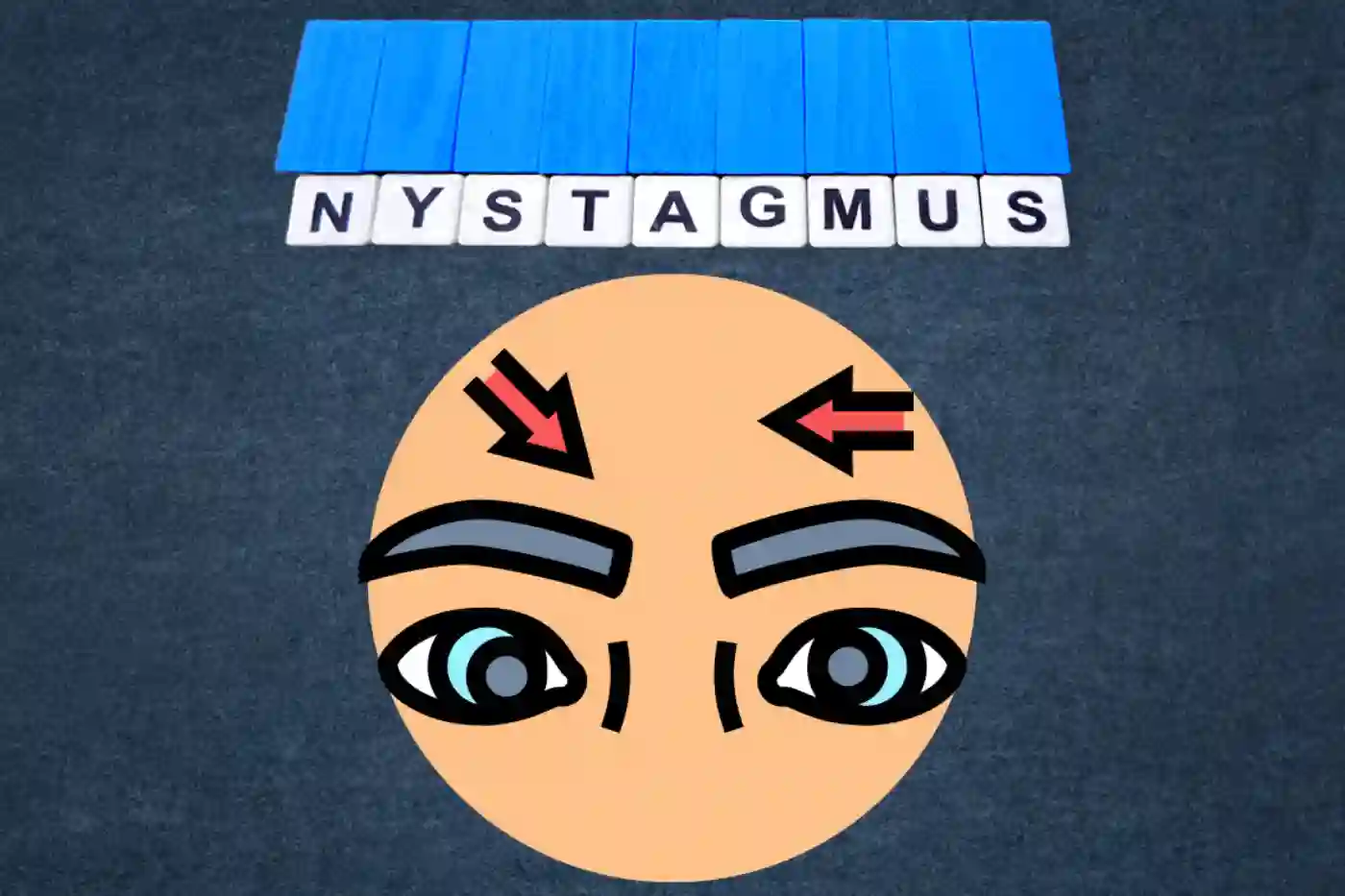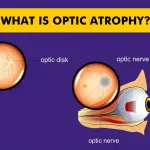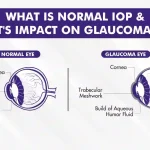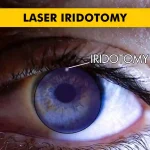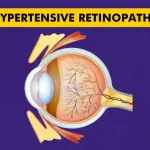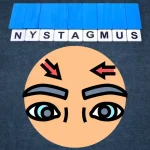Nystagmus is a condition characterized by involuntary movements of the eyes, which can range from rapid and jerky to slow and oscillating. It may affect both eyes or just one, and can either be present from birth (congenital) or develop later in life (acquired). In this article, we will delve into the nystagmus causes, types, symptoms, and treatments.
What Is Nystagmus?
Nystagmus is a complex eye condition that affects the normal functioning of the eyes. It can result in reduced vision and can interfere with daily activities. The exact cause of Nystagmus is not always known, but it is often associated with other underlying conditions.
Nystagmus can be classified into two main types: congenital and acquired. Congenital Nystagmus is present from birth and is usually caused by abnormal development of the eye muscles while Acquired Nystagmus develops later in life and can be caused by various factors such as neurological disorders, medication side effects, or trauma to the head or eyes.
How Does It Affect Vision?
Nystagmus can affect vision in different ways depending on the severity and type of the condition.
- The involuntary eye movements can cause blurry or distorted vision.
- Individuals with Nystagmus may experience difficulties with focusing, depth perception, and reading.
- In some cases, the eyes may rapidly move back and forth, making it challenging to maintain steady vision.
- The impact on vision can vary from mild to severe and can affect one or both eyes.
Different Types of Nystagmus
There are several types of Nystagmus, each with its own characteristics and underlying nystagmus causes. Some of the common types include:
Infantile Nystagmus Syndrome (INS): This type of Nystagmus is present from infancy and is usually associated with abnormal eye movements.
Acquired Pendular Nystagmus: This type of Nystagmus is characterized by smooth, pendulum-like eye movements.
Jerk Nystagmus: This type of Nystagmus is characterized by quick, jerky eye movements.
Spasmus Nutans: This type of Nystagmus typically occurs in infants and is characterized by head nodding and abnormal eye movements.
Understanding the specific type is important for determining the appropriate nystagmus treatment approach.
What Causes Nystagmus?
The exact Nystagmus causes can vary depending on the type of Nystagmus. In some cases, the cause may be unknown. However, there are several factors and conditions that can contribute to the development of Nystagmus, including:
- Abnormal development of the eye muscles or the areas of the brain that control eye movements
- Neurological disorders
- Medication side effects
- Trauma to the head or eyes
- Inner ear problems
- Genetic factors
Identifying the underlying Nystagmus cause is important for appropriate management and treatment.
Signs and Symptoms Associated with Nystagmus
The Nystagmus symptoms can vary depending on the individual and the type of Nystagmus. Some common symptoms include:
- Involuntary eye movements
- Blurred or distorted vision
- Difficulties with focusing
- Problems with depth perception
- Head nodding
- Sensitivity to light
If you or your child experience any of these symptoms, it is important to seek medical attention for a proper diagnosis and nystagmus treatment.
Read about Common Eye Diseases in Children
How Is Nystagmus Diagnosed?
Diagnosing Nystagmus involves a comprehensive eye examination and a review of medical history. Eye care professionals may perform various tests to assess eye movements, visual acuity, and the overall health of the eyes. A proper diagnosis is crucial for determining the appropriate treatment options. These tests may include:
- Visual acuity test
- Ophthalmoscopy
- Electroretinography (ERG)
- Magnetic resonance imaging (MRI)
- Blood tests
Management and Treatment for Nystagmus
While there is no cure for Nystagmus, there are several treatment options available to manage the condition and improve visual function. The Nystagmus treatment approach may vary depending on its underlying cause and severity which include:
- Glasses or contact lenses: Corrective lenses can help improve vision and reduce eye strain.
- Medications: Certain medications may be prescribed to help reduce eye movements and improve visual acuity.
- Vision therapy: This involves exercises and techniques to improve eye coordination and control.
- Surgery: In some cases, surgery may be recommended to reposition the eye muscles and reduce eye movements.
The most appropriate treatment option will be determined by a healthcare professional based on individual needs and circumstances.
Risks and Potential Complications of Nystagmus
Nystagmus itself does not typically pose significant health risks. However, the underlying conditions or factors that contribute to Nystagmus may have associated risks and complications. For example, certain neurological disorders or head trauma can lead to other health issues. It is important to work closely with healthcare professionals to monitor and manage any potential risks or complications. Regular eye examinations and follow-up appointments are essential for ongoing care.
Conclusion
Nystagmus is a complex eye condition that can significantly impact vision and daily life. While there is no cure, proper management and treatment can help improve visual function and enhance quality of life.
If you or your child experience Nystagmus symptoms, it is important to seek medical attention for a proper diagnosis and personalized treatment plan. With appropriate care and support, individuals with Nystagmus can lead fulfilling and independent lives.
FAQs
What is the main cause of nystagmus?
Main causes of nystagmus are involuntary eye movements, often due to neurological issues or inner ear problems.
What happens if you have nystagmus?
Effects of nystagmus are impaired vision, difficulty focusing, and reduced depth perception.
How do you fix nystagmus?
Treatment for nystagmus depends on the underlying cause which can include corrective lenses, surgery, or treating any underlying condition.
What deficiency causes nystagmus?
Vitamin B12 deficiency can contribute to nystagmus.
Can you live a normal life with nystagmus?
Yes, with appropriate management, many people with nystagmus lead normal lives.
Is nystagmus a neurological problem?
Yes, nystagmus is often associated with neurological conditions affecting eye movement control.
Is nystagmus caused by stress?
Stress can exacerbate nystagmus symptoms in some individuals but is not a primary cause.
